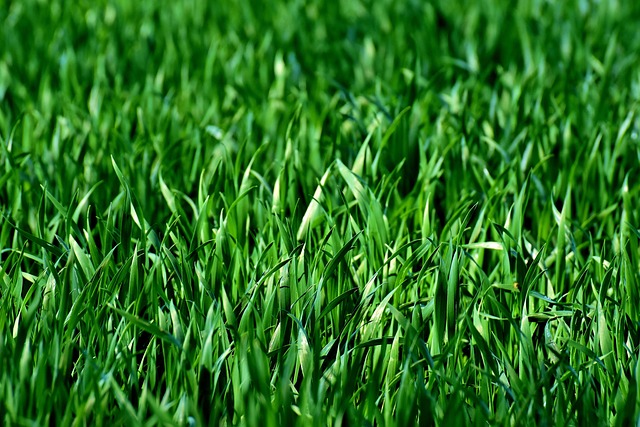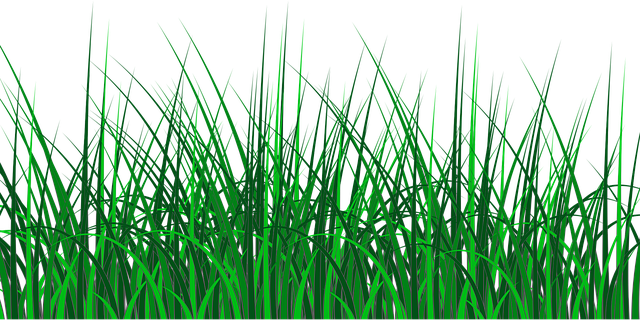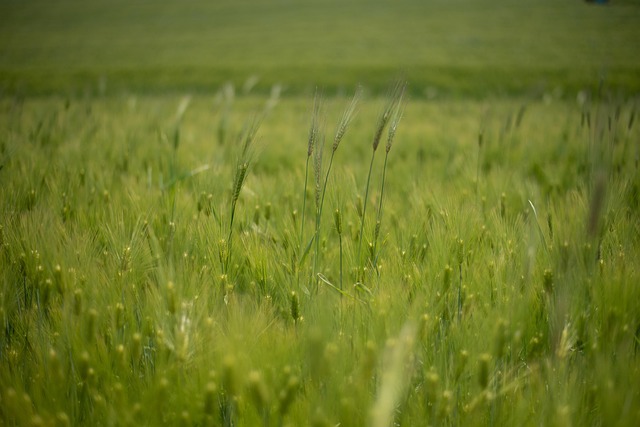In Wheat Ridge, managing vegetation along rights-of-way sustainably involves strategic herbicide application by professionals who consider plant biology, weather, and soil types to minimize off-target movement and protect non-target species and water sources. Integrated with proper watering and fertilization, this approach ensures the growth of desired turfgrass species while maintaining ecological balance. Sustainable lawn care methods like manual weeding and organic pesticides are popular among environmentally conscious residents, offering long-term benefits such as reduced chemical exposure and enhanced soil health. Prioritizing eco-friendly weed control contributes to lush lawns and a healthier local ecosystem in Wheat Ridge.
In today’s eco-conscious world, managing lawn plants sustainably is not just an option but a responsibility. This article explores effective yet environmentally friendly ways to tackle right-of-way vegetation, focusing on the strategic use of herbicides in Wheat Ridge. We delve into the benefits and considerations of sustainable treatment options, providing insights for those seeking to balance weed control with ecological preservation. By understanding herbicide application, you can contribute to a greener Wheat Ridge while maintaining lush landscapes.
- Understanding Herbicide Application for Right-of-Way Vegetation Management
- Benefits and Considerations of Sustainable Lawn Plant Treatment Options
- Implementing Eco-Friendly Practices for Effective Weed Control in Wheat Ridge
Understanding Herbicide Application for Right-of-Way Vegetation Management

In Wheat Ridge, managing vegetation along rights-of-way is a key component of sustainable landscape care. One effective method for achieving this is through strategic herbicide application. Herbicides offer a targeted and efficient way to control unwanted plants, allowing for the healthy growth of desired turfgrass species. Understanding the principles behind herbicide application is crucial for both effectiveness and environmental responsibility.
Professionals in Wheat Ridge employ careful consideration of factors such as plant biology, weather conditions, and soil types to ensure herbicides are used judiciously. Targeted applications minimize off-target movement, reducing potential harm to non-target species and water sources. By integrating herbicide use with other sustainable practices, like proper watering and fertilization techniques, landscape managers can achieve vibrant and healthy turf while maintaining ecological balance.
Benefits and Considerations of Sustainable Lawn Plant Treatment Options

Sustainable lawn plant treatment options offer a multitude of benefits, not only for the environment but also for property owners. By opting for eco-friendly methods, such as manual weeding, organic pesticides, and targeted herbicide application for right-of-way vegetation in Wheat Ridge, you can significantly reduce water usage, minimize soil contamination, and promote biodiversity. These approaches preserve the health of local ecosystems and reduce your carbon footprint, making them increasingly popular choices among environmentally conscious individuals.
However, transitioning to sustainable practices also requires careful consideration. Balancing effective weed and pest control with ecological preservation can be challenging. It demands a deeper understanding of native plant life, seasonal variations, and the specific needs of your lawn. Additionally, these methods may require more time and effort upfront compared to traditional treatments. Despite these considerations, the long-term benefits—like reduced chemical exposure for pets and humans, enhanced soil health, and a more resilient lawn—make sustainable treatment options well worth exploring.
Implementing Eco-Friendly Practices for Effective Weed Control in Wheat Ridge

In Wheat Ridge, effective weed control is a top priority for maintaining lush and healthy lawns, especially in areas like right-of-way vegetation. Implementing eco-friendly practices offers a sustainable solution to this common challenge. Instead of relying solely on traditional herbicides, which can have harmful environmental impacts, homeowners and landscape professionals can adopt alternative methods. One such approach involves strategic herbicide application, focusing on targeted spots where weeds are prevalent. This method minimizes the use of chemicals by applying them directly to the unwanted plants, reducing potential contamination of nearby water sources and ecosystem disruption.
By opting for eco-friendly weed control measures, Wheat Ridge residents can contribute to a healthier local environment while still achieving a well-manicured lawn. It encourages a balanced approach that considers both aesthetic appeal and ecological preservation. Additionally, these practices promote biodiversity by fostering a more natural balance in the garden ecosystem. With careful consideration and expert guidance, herbicide application for right-of-way vegetation can be an effective and sustainable strategy in this vibrant community.
In conclusion, adopting sustainable lawn plant treatment options, such as understanding herbicide application specifically tailored for right-of-way vegetation in Wheat Ridge, offers numerous environmental benefits while maintaining a lush landscape. By prioritizing eco-friendly practices, property managers and homeowners can effectively manage weeds, reduce chemical usage, and contribute to a greener community. These strategies not only preserve the beauty of local landscapes but also protect the health of nearby ecosystems, ensuring a harmonious balance between aesthetics and ecological preservation.
